This post was authored by Tivnu Gap Year participant Tamir Eisenbach-Budner. Tamir is from Portland, OR. He interns at Sisters of the Road and Tivnu Construction.
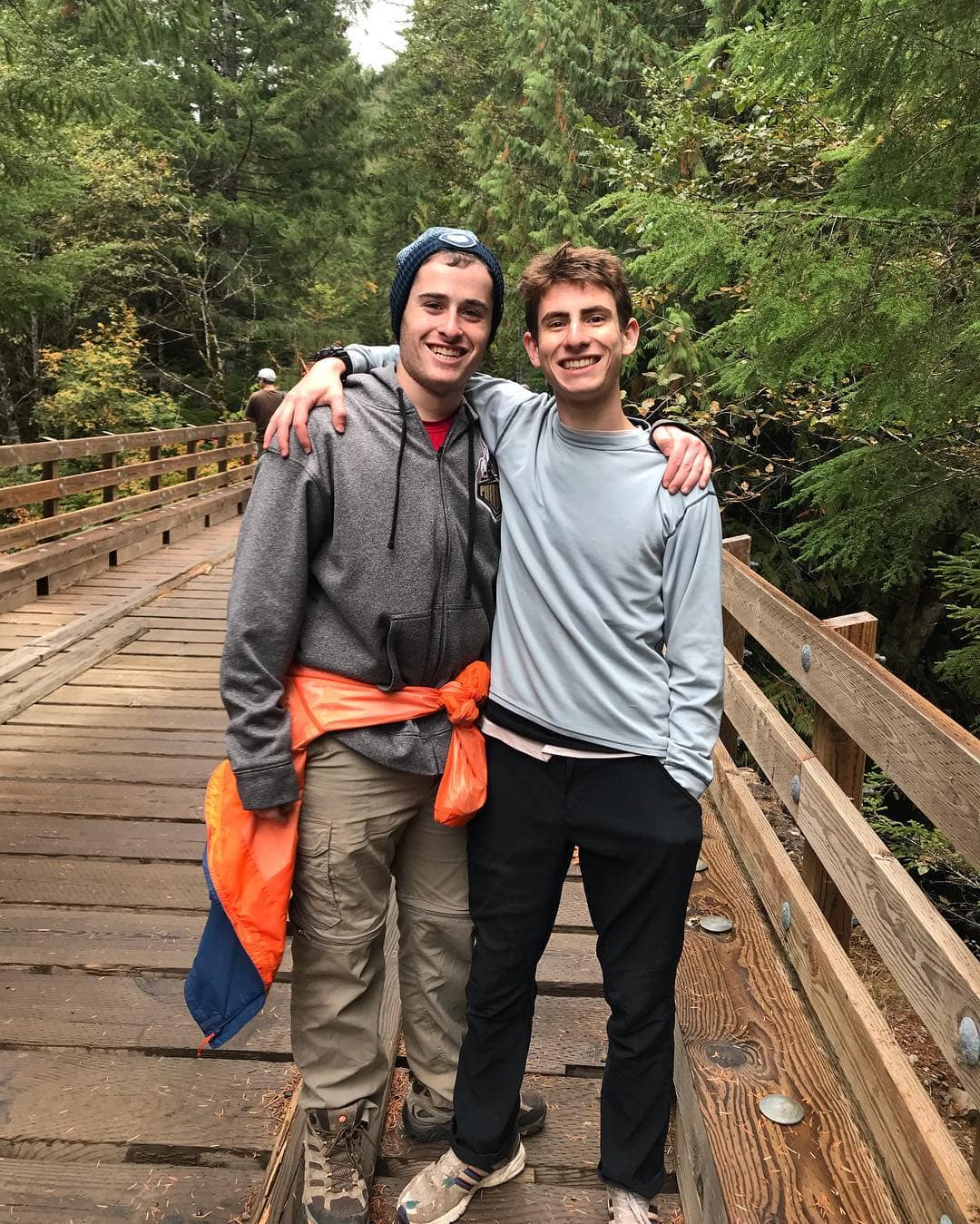
I used to be a zealous trash picker-upper, plastic bag re-user, and light turner-offer – maybe even a little too much sometimes; The phrase “Tamir, turn that light back on, I’m in here!” resounded often in my house.
At the time, I was still full of the idealistic belief that I myself could make a real difference when it came to issues like climate change, homelessness, and war.
However, in 2011 when I was in middle school, something happened that challenged my empowered worldview: the global population hit 7 billion. As a fun exercise, my math teacher asked us each to calculate what percentage of the population we were. It turns out, there were a LOT of zeros after that decimal: each of us were only 0.000000014 percent of the global population.
For the first time, myself and my social justice actions felt insignificant, a feeling only exacerbated as I developed a greater understanding of the scope of the issues, such as the existence of the Great Pacific Garbage Patch or the hundreds of thousands of people on the streets each night. I began to feel like a single drop of water against the whole (polluted) ocean.
In that pessimistic mindset, it was easier to ignore the issues than to fight them. So unfortunately, that’s what I did for a lot of years.
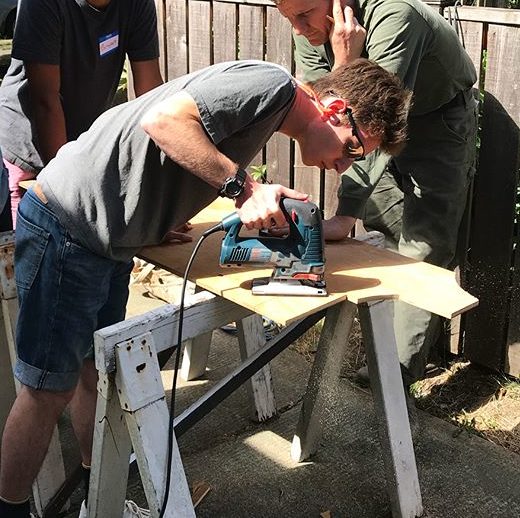
Tamir is now far from ignoring the issues- here he is in Tivnu Tool Training to prepare for construction
However, they never left the back of my mind. In my Junior year of high school, I conducted an independent scientific study for my environmental studies class. I posed the research question, ‘Is there a Correlation Between How Empowered a Person Feels in their Ability to Mitigate Climate Change and How Much Effort They Put Into Doing so? And unsurprisingly, the answer was yes. (Here’s my paper if you’re interested).
The results of the study made me think about how much time I had wasted waiting for a sense of empowerment. Who said that had to come first? Perhaps if I took action now, the satisfying results of my work would empower me later on.
Since then, that’s precisely what I’ve been trying to do.
Among some other things, last summer, I worked full-time as a canvasser for Environment Oregon on their campaign to expand Portland’s ban on single-use polystyrene (AKA styrofoam) to the state level (PS. Don’t worry, I obeyed “No Soliciting” signs). Every day, I knocked on about 120 doors, had about 50 conversations, gathered about 30 petitions, and raised about 350 dollars to sustain the organization. It was incredible to be working hand in hand with thousands of other canvassers, organizations, and policy-makers nationwide to create long-lasting, widespread change.
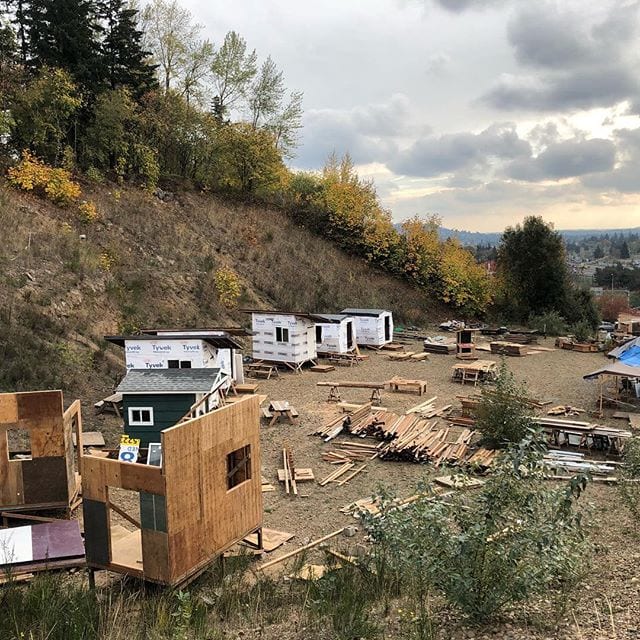
For some reason though, it didn’t make me feel any less small. I needed to make a change I could see. That’s why I decided to participate in Tivnu, a nine-month long Jewish social justice gap year program where I spend five days a week, rain or shine (or rain or rain or rain or rain) building tiny homes at an intentional, legal, alternative transitional housing community called Agape Village. Among other things, my peers and I have almost completed building two tiny homes which will be complete with insulation, water-proofing, lighting, solar electricity, and bedding, and will soon house a person or couple each. This experience of using my hands to make real, physical, tangible change, has indeed helped give me a regained sense of empowerment, optimism, and purpose.
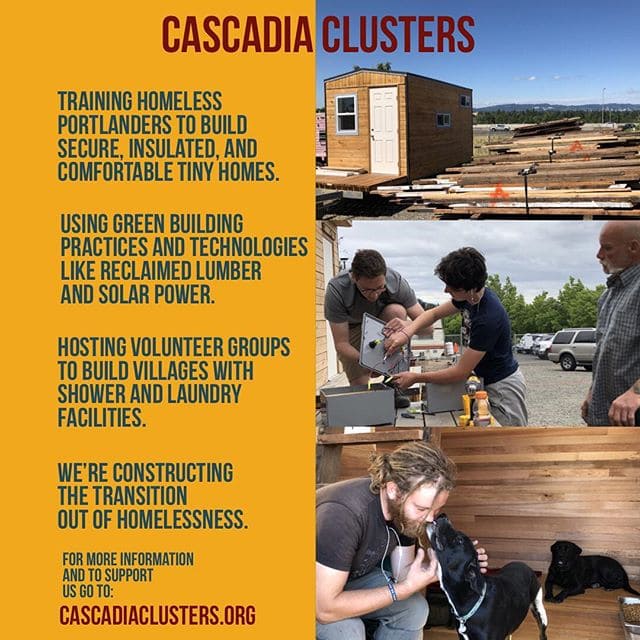
However, my favorite part of the experience is not working for houseless people, but with them. We partner with Cascadia Clusters, a nonprofit organization that hires people who are transitioning out of houselessness to construct tiny homes to help other houseless people do the same (Here’s their website: https://www.cascadiaclusters.org/).
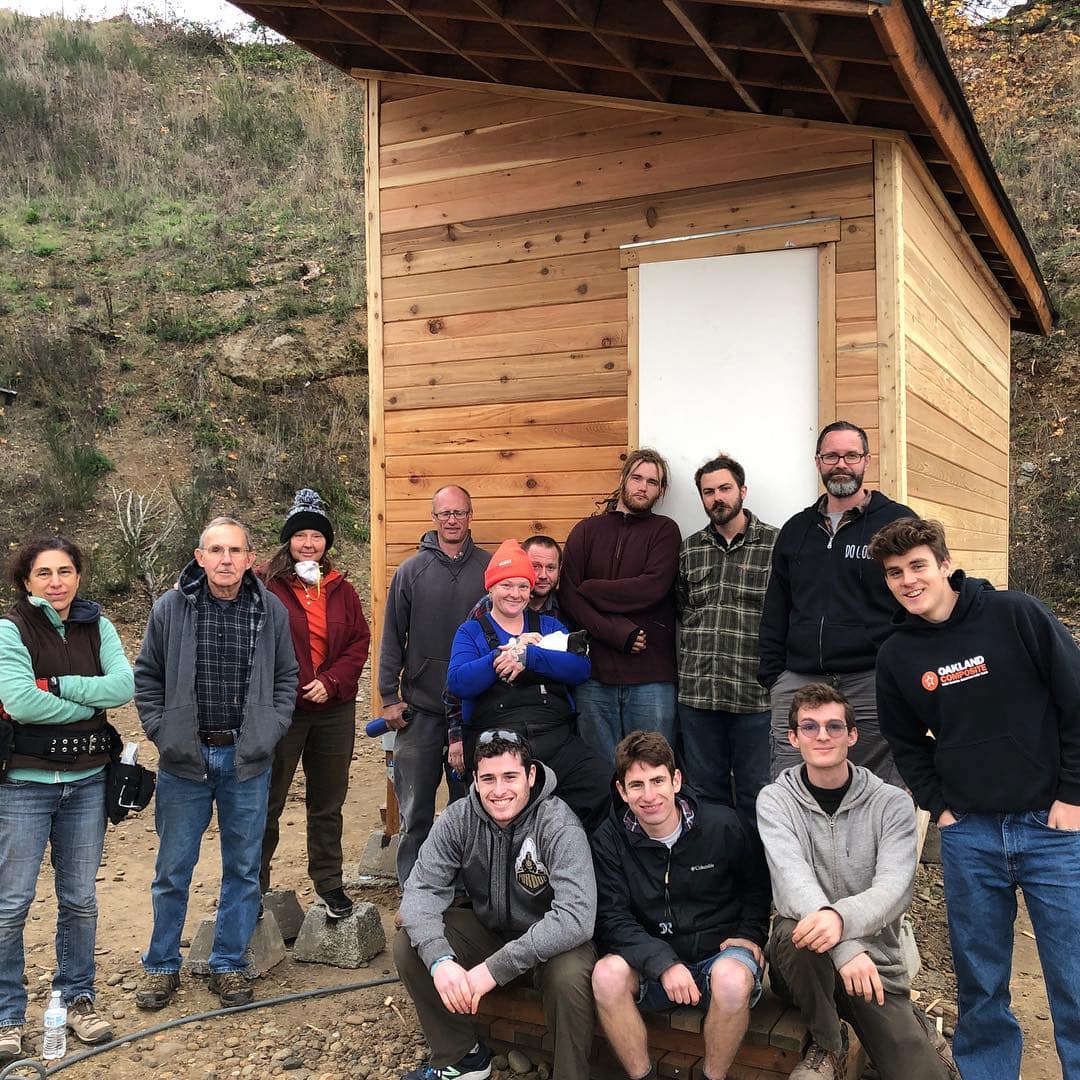
Last week there was a new face sitting outside the church steps (on the same property as Agape Village). I asked one of the houseless folks employed by Cascadia Clusters, who I will call X as they asked to remain nameless, who this new girl was. X explained to me that this girl sitting on the steps had special needs which made her unable to take care of herself and an easy target for exploitation, so X had taken her into the church, gotten her a hot meal, and was now calling every shelter she could in the hopes of finding this girl a spot. It was in one way one of the most depressing things I had ever seen, and in another, one of the most uplifting. Afterwards, I expressed my admiration to X, to which they responded: “Kindness is something that we can all give. You don’t have to have wealth or notoriety to help someone out. It’s free to be kind to someone and give them hope. All you need is love to do that”. X’s actions and words made me rethink my concept of empowerment: Apparently, one doesn’t have to as much “power” (in terms of wealth, influence, or percentage of the global population) as I thought one needed to feel empowered.
Follow Us
Sign Up For Updates
Taking a gap year in the US can be as meaningful as doing one abroad.
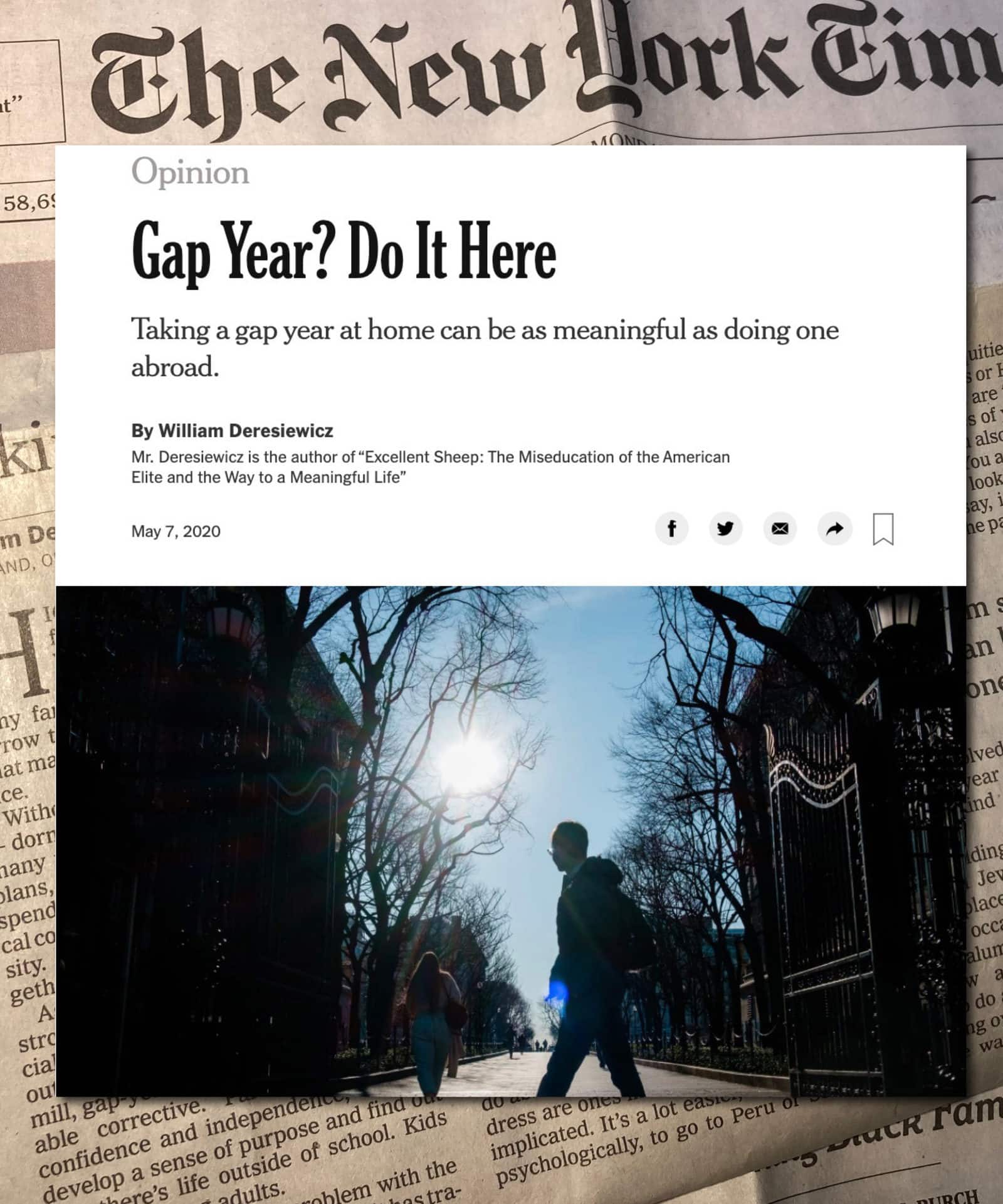 Featured in The New York Times
Featured in The New York Times